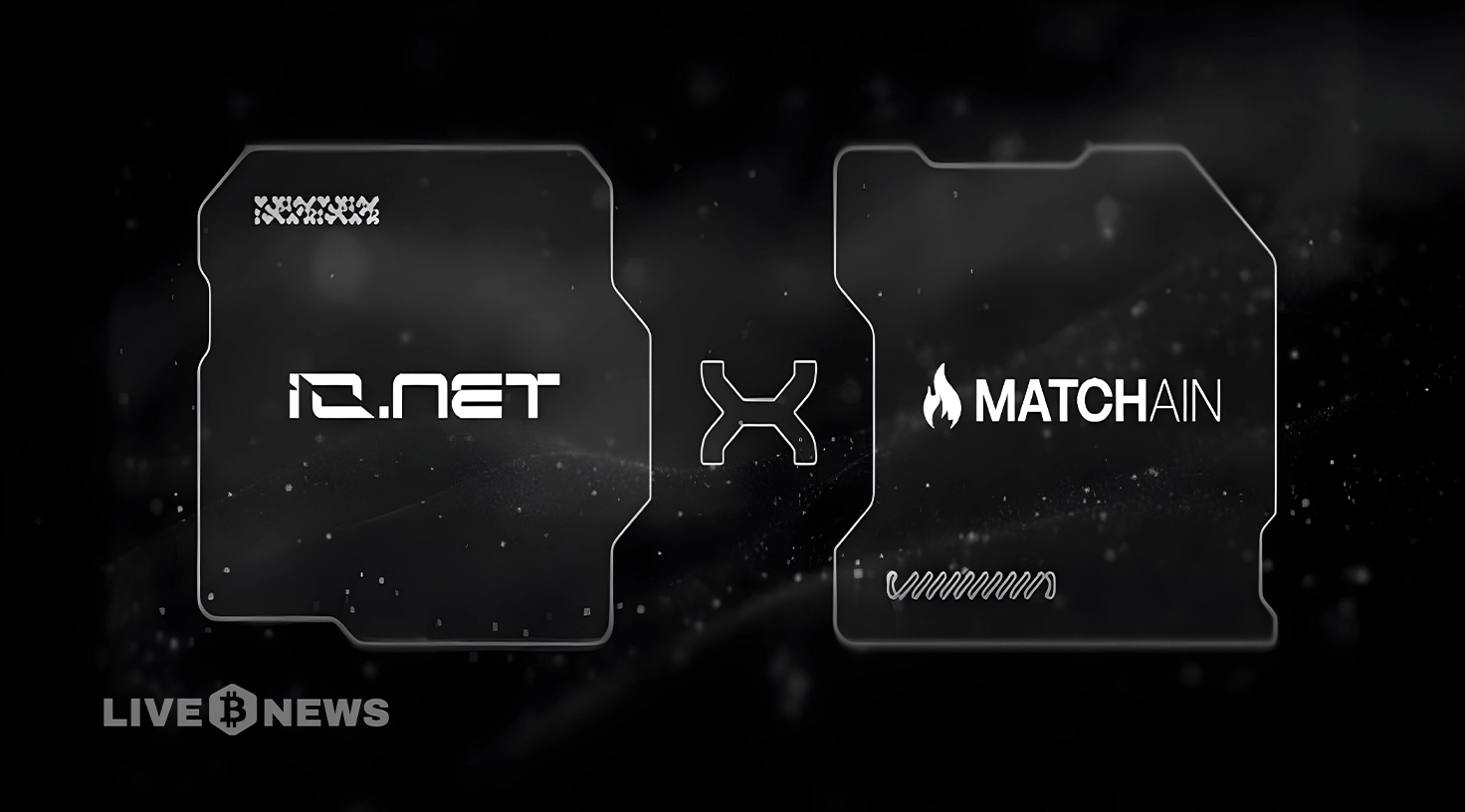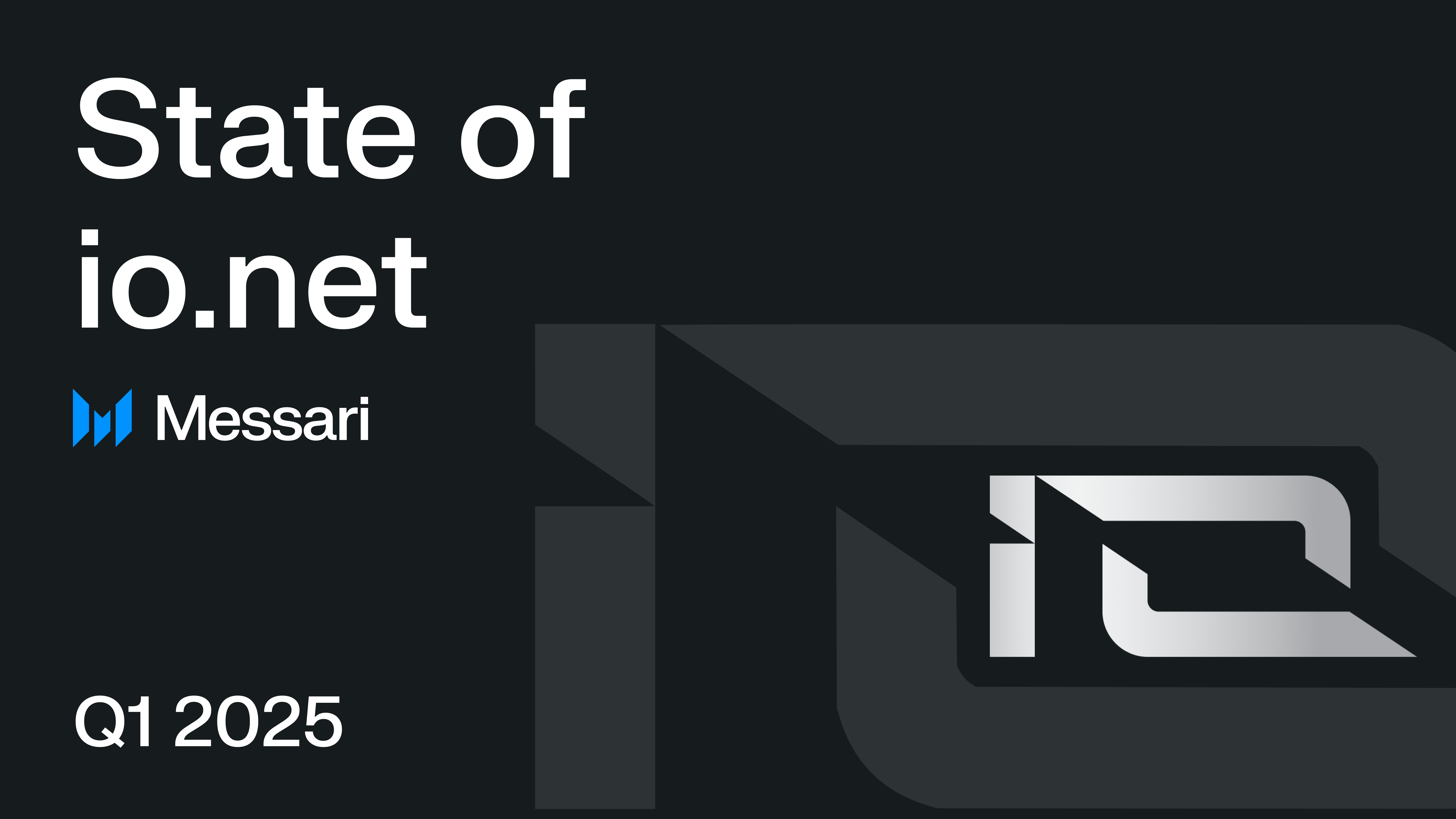Matchain Partners with io.net to Enhance Decentralized AI Infrastructure

Matchain, a decentralized AI identity blockchain, has announced a strategic partnership with io.net, a leader in decentralized computing networks. This collaboration aims to enhance the infrastructure available to developers within the Matchain ecosystem by providing low-cost, scalable GPU-powered AI tools. As Matchain’s official compute partner, io.net will deliver decentralized GPU infrastructure that enables a wide range of AI applications. This partnership is expected to simplify infrastructure management for developers and address the increasing computational demands of Web3 technologies, particularly in the realm of artificial intelligence.
The partnership promises to provide Matchain developers with cost-effective and scalable GPU resources, essential for the intensive workloads involved in training, deploying, and scaling AI models. Compared to traditional cloud computing services, the resources offered through this collaboration will significantly reduce costs for developers, making high-performance computing more accessible for decentralized projects. This enhancement will broaden the scope of Matchain’s ecosystem, allowing developers to create decentralized applications (dApps) with innovative approaches to identity and data management, leveraging the AI-optimized capabilities of Matchain and io.net’s GPU-oriented infrastructure.
Jessie Xiao, the chief commercial officer at Matchain, emphasized the importance of this partnership in facilitating the development of decentralized AI applications. He stated that teaming up with io.net has amplified their ability to provide developers with affordable, high-performance infrastructure for next-generation applications. Additionally, this collaboration aligns with Matchain’s broader goal of utilizing blockchain technology for AI research. By integrating io.net’s decentralized compute services, Matchain users will benefit from on-demand resources, faster payments via the Solana blockchain, and tailored support for AI model training and deployment. This partnership marks a significant advancement in decentralized AI innovation, empowering developers to build secure, scalable, and cost-efficient applications on the Matchain platform.
Related News





